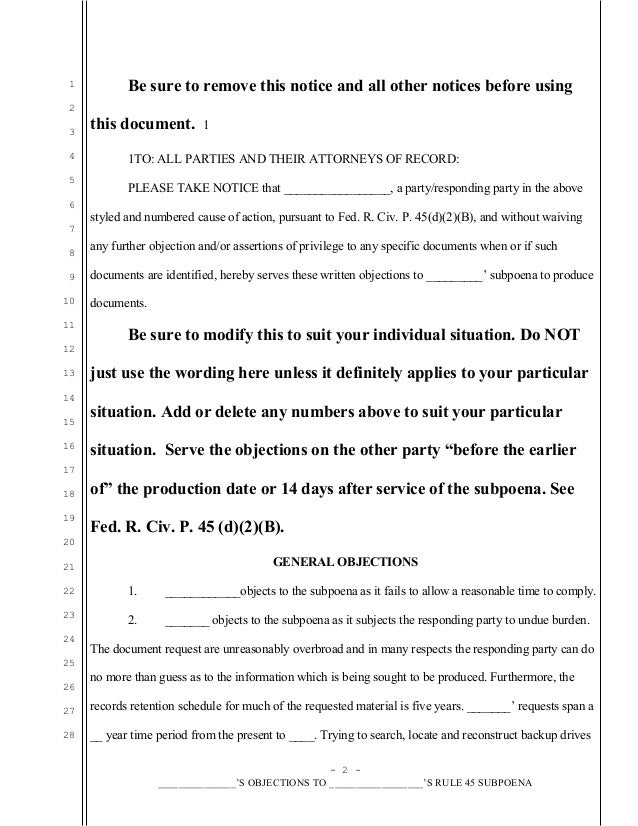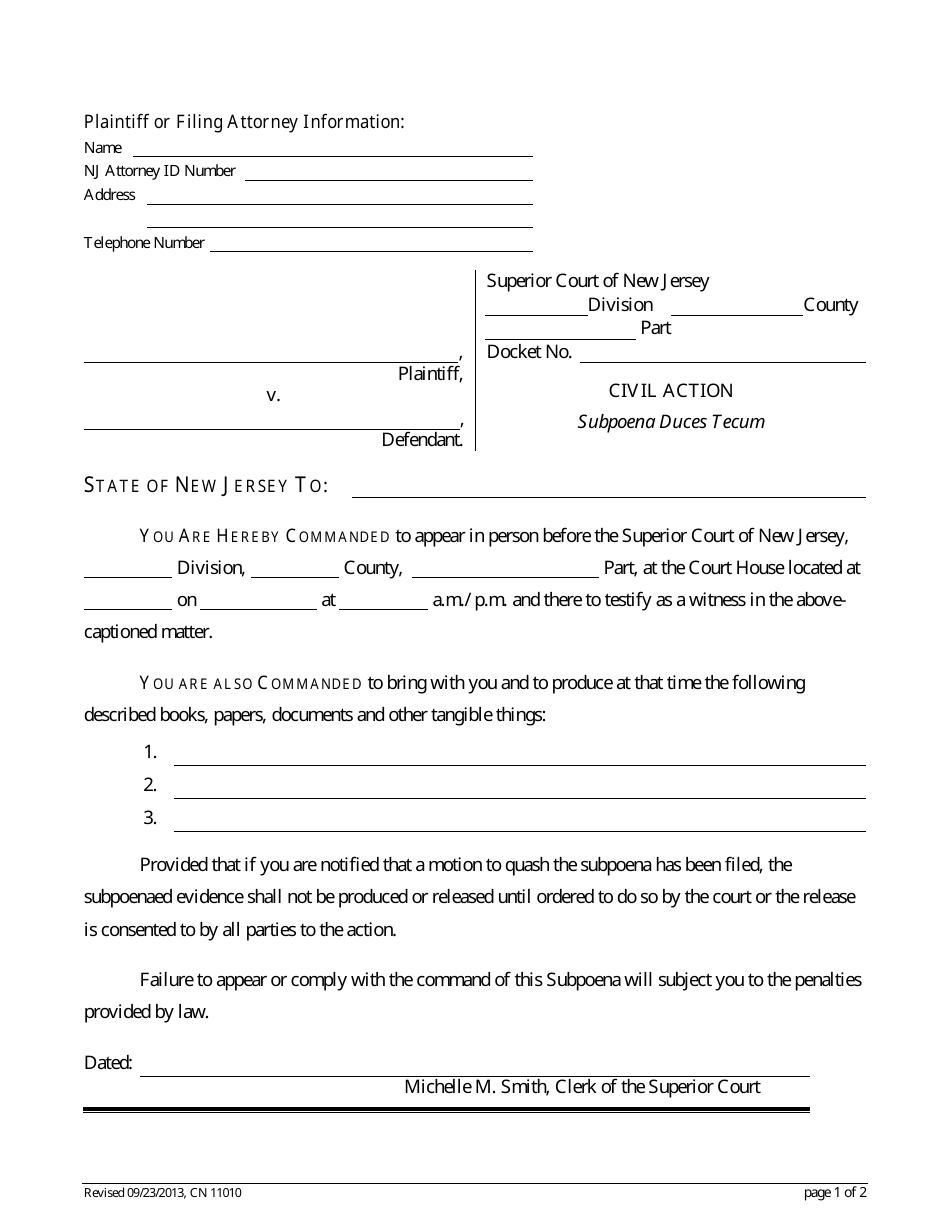

Secondarily, or alternatively, Defendant sought to prepare to impeach the character of the anticipated main prosecution witness against him-the victim, Renteria-if Renteria was to be called by the prosecution at trial. Specifically, Defendant contended that he had a viable claim of self-defense against Renteria, and that he required the communications to investigate and present that affirmative defense.

Defendant contended that he needed all electronic communications by Renteria in order to prepare his defense. A preliminary hearing was held in which Defendant’s presentation of the facts conveyed that Defendant had acted in self-defense in shooting Renteria.įive months after the preliminary hearing, Defendant sought, before a different judge, a subpoena duces tecum for all of Renteria’s Facebook communications (including restricted posts and private messages) before and after the shooting, and requested that Facebook preserve all such communications. Defendant Lance Touchstone was charged with shooting and attempting to murder Jeffrey Renteria. While that case was pending, the Supreme Court granted review in the instant case, a pretrial criminal discovery matter.

“SCA”) as a shield to block enforcement of the subpoena. In Facebook (Hunter), the Court held, in part, that to the extent a subpoena duces tecum seeks a communication that had been configured as and remained public, Facebook could not assert the federal Stored Communications Act (18 U.S.C.

Superior Court (Hunter), the California Supreme Court had addressed issues concerning the propriety of criminal defense subpoenas served on social media providers, including Facebook, Inc., seeking restricted posts and private messages of two of their users. Superior Court (Stephan), the California Supreme Court directed trial courts to explicitly consider and balance seven factors in ruling on a motion to quash a subpoena duces tecum directed to a third party. In the August 2020 case of Facebook, Inc.


 0 kommentar(er)
0 kommentar(er)
